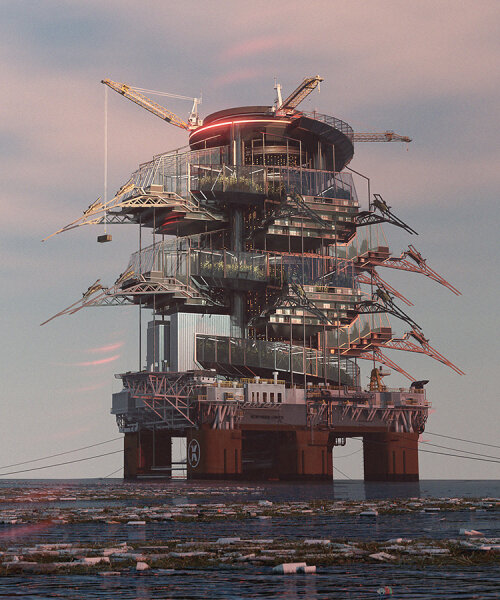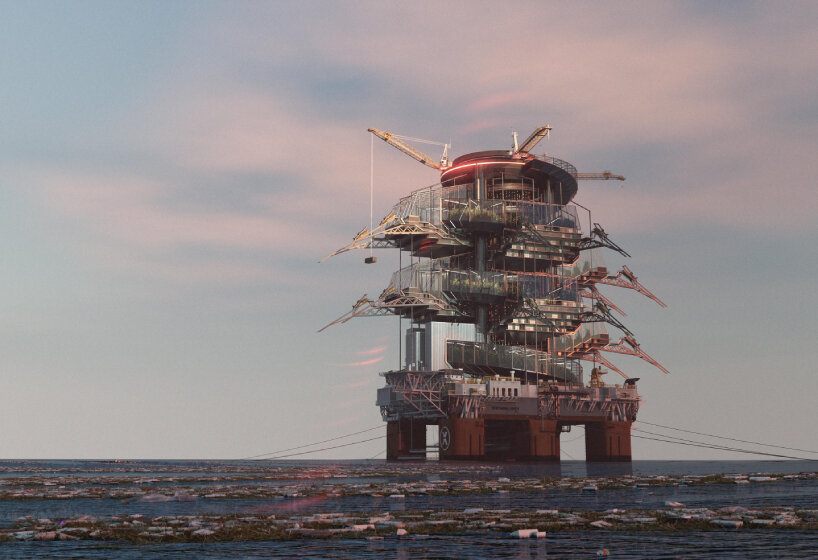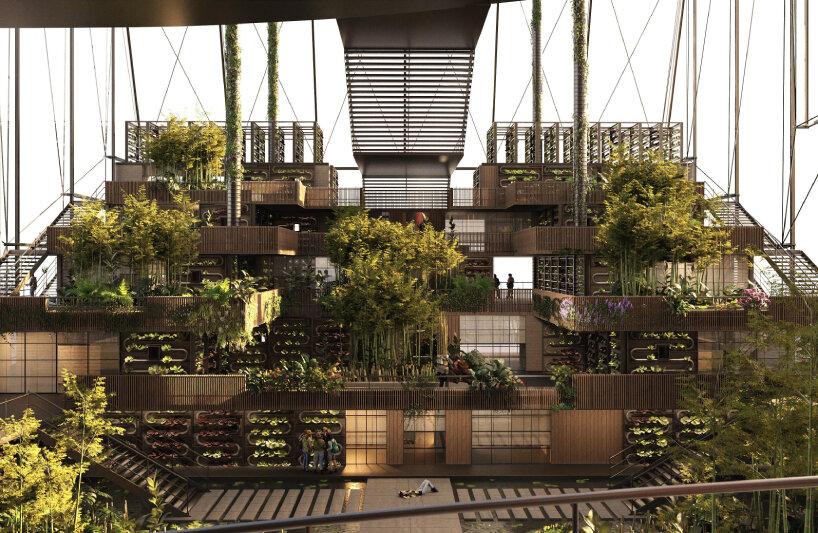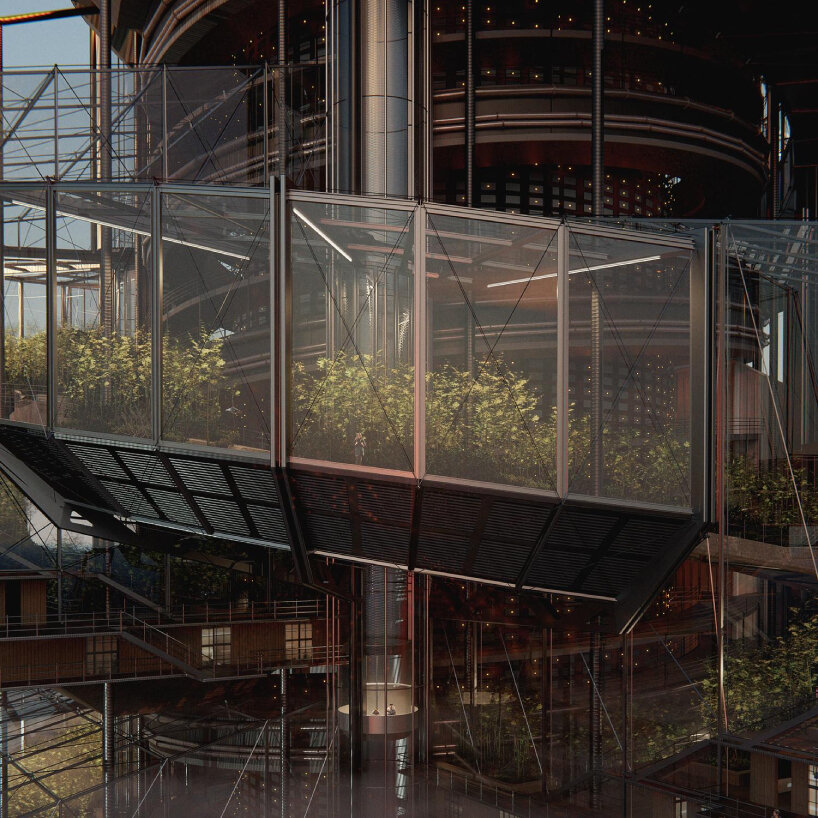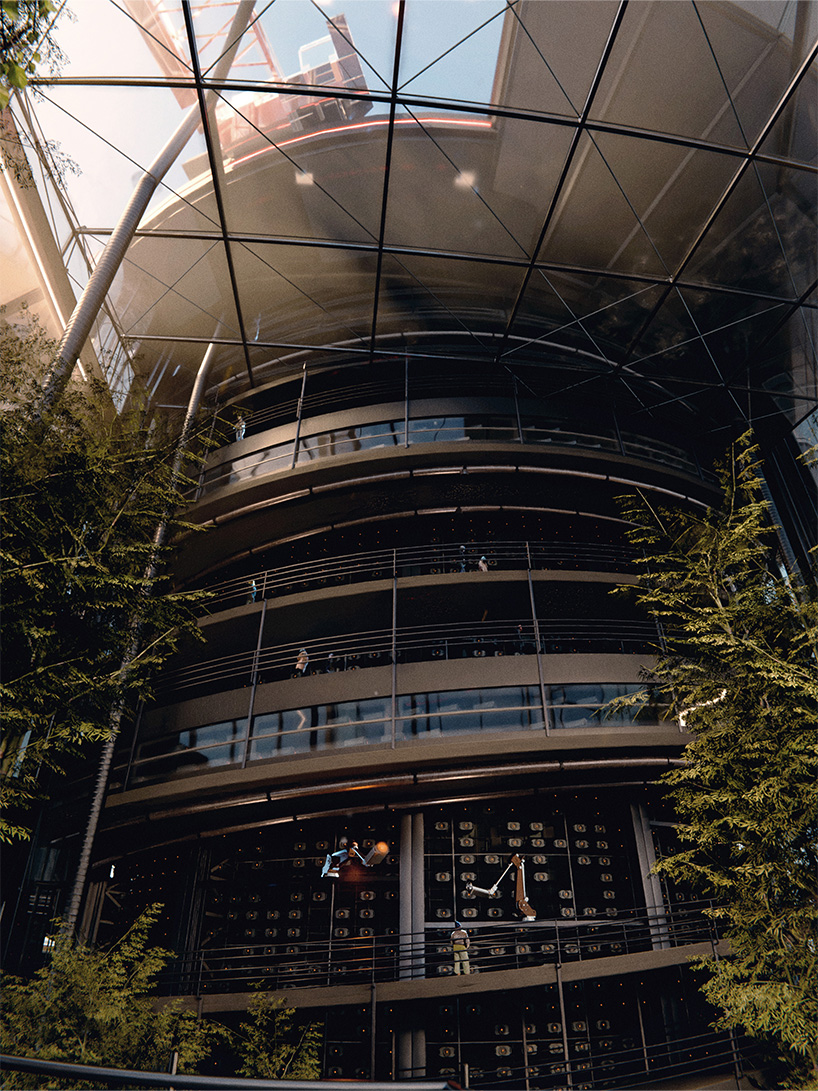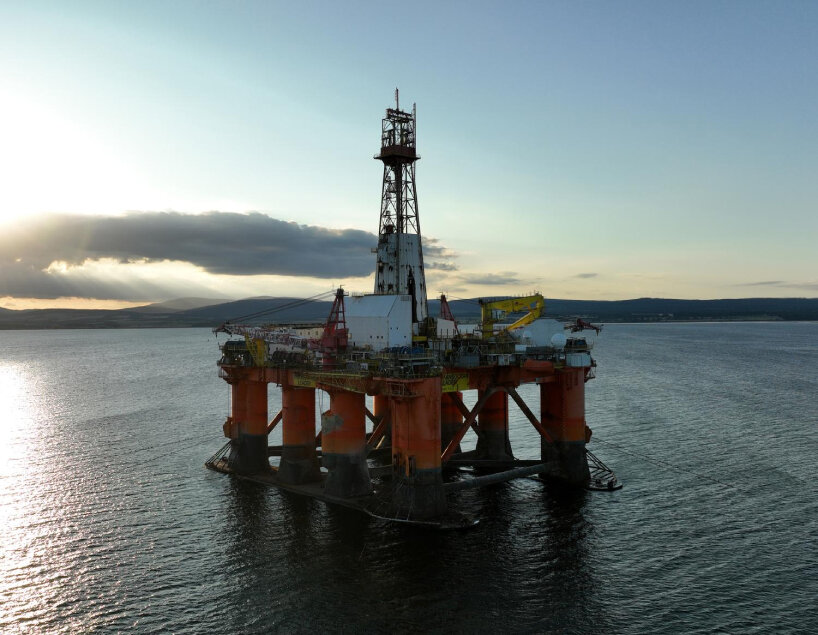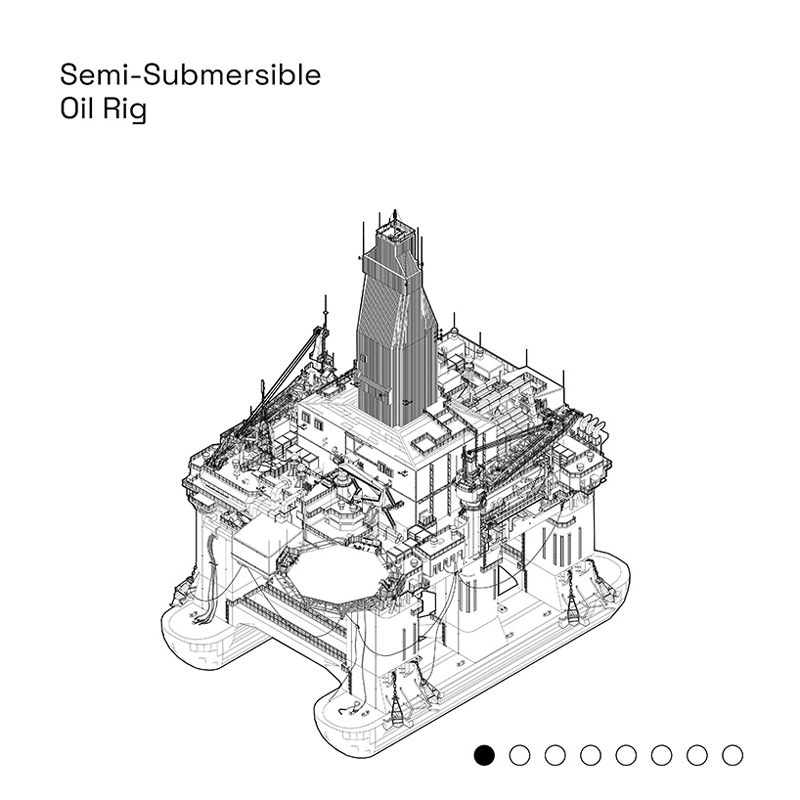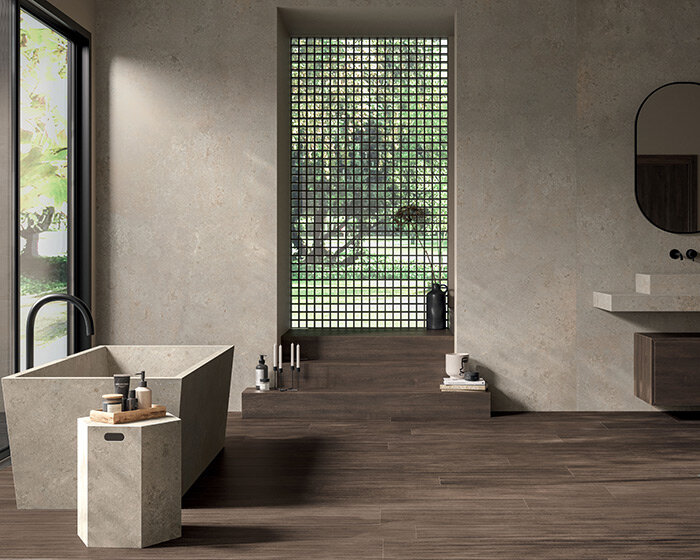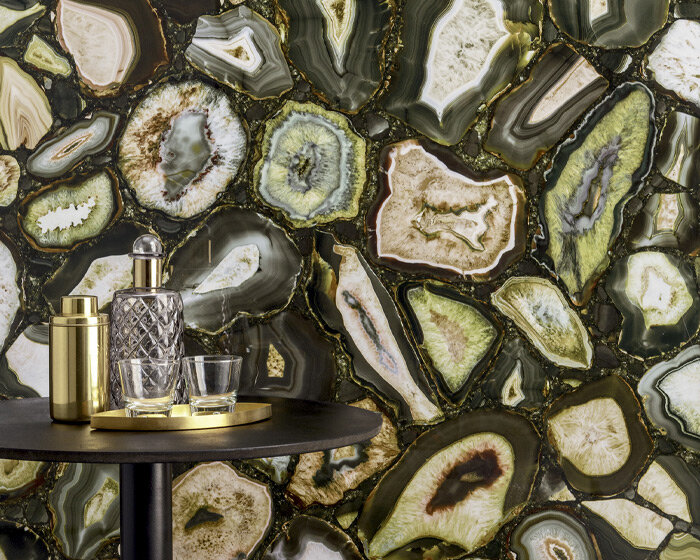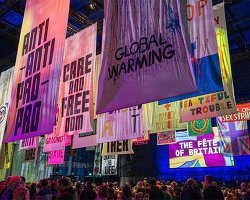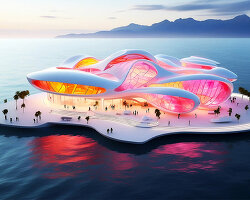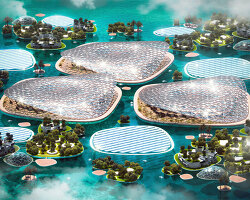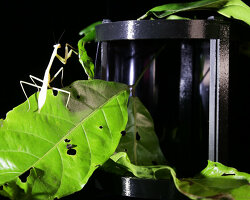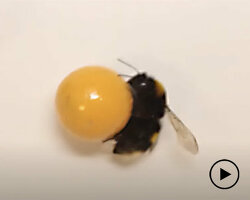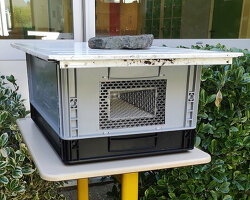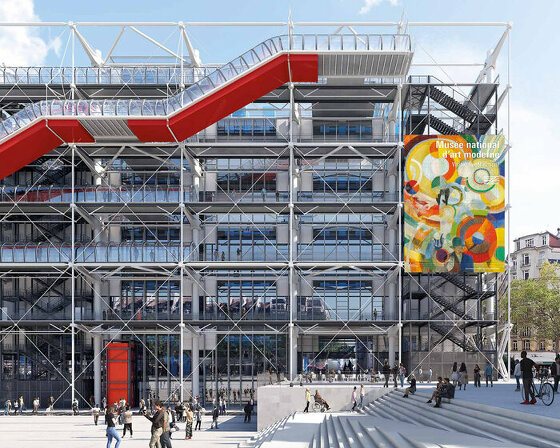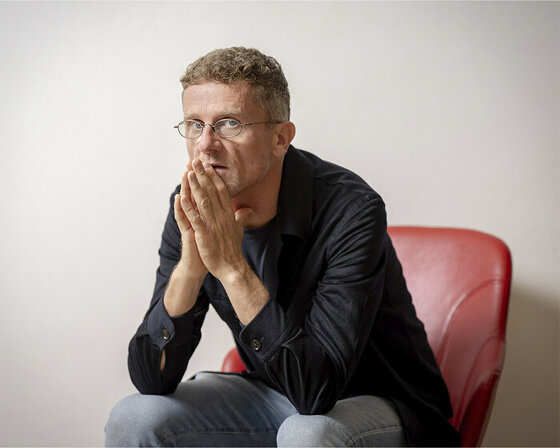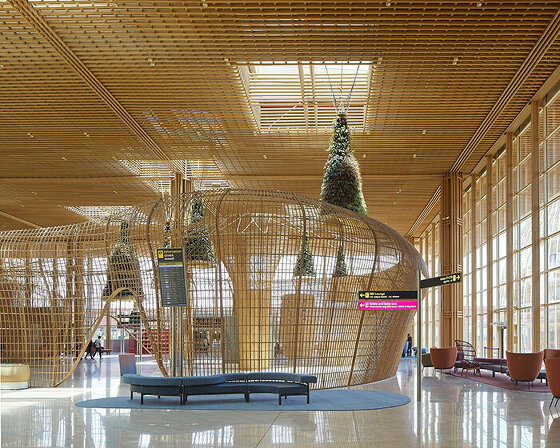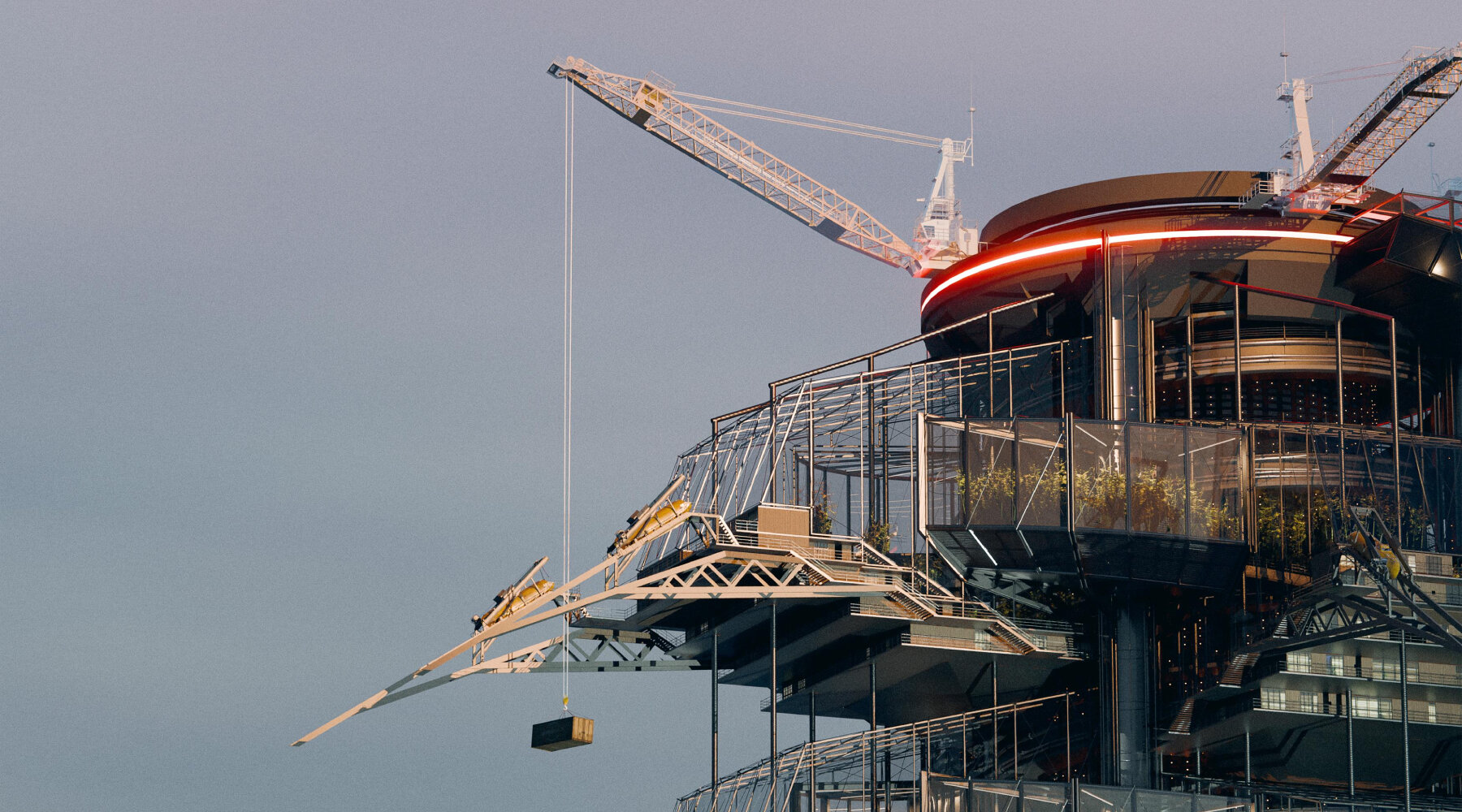
Pavels Hedström proposes to convert them from oil extractors to ocean plastic-filtration systems
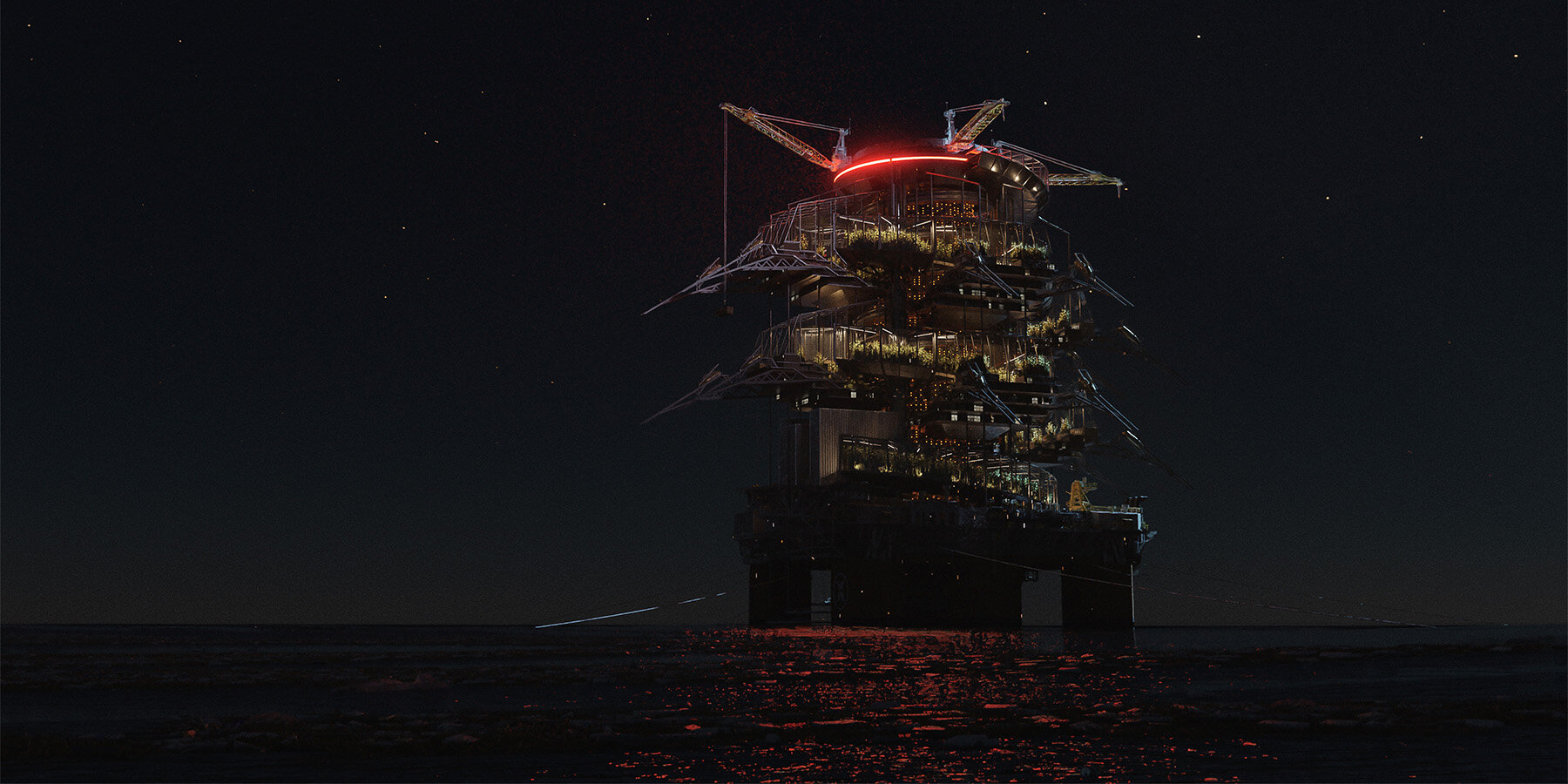
view of Pavels Hedström’s Inxect Island
KEEP UP WITH OUR DAILY AND WEEKLY NEWSLETTERS
happening now! for over 50 years, florim ceramiche spa has created porcelain stoneware ceramic surfaces for all architecture, building industry and interior design needs – discover all about the brand’s new collections on designboom!
PRODUCT LIBRARY
the winning proposal, revitalizing the structure in line with its founding principles, was unveiled during a press conference today, june 20th.
in an interview with designboom, carlo ratti unpacks the theme of the 2025 venice architecture biennale, 'intelligens. natural. artificial. collective.'
skidmore, owings & merrill's kempegowda international airport is filled with over nine kilometers of hand-sculpted rattan.
the korean architect talks to designboom about the 23rd serpentine pavilion, which opens to the public on june 7th, 2024.
